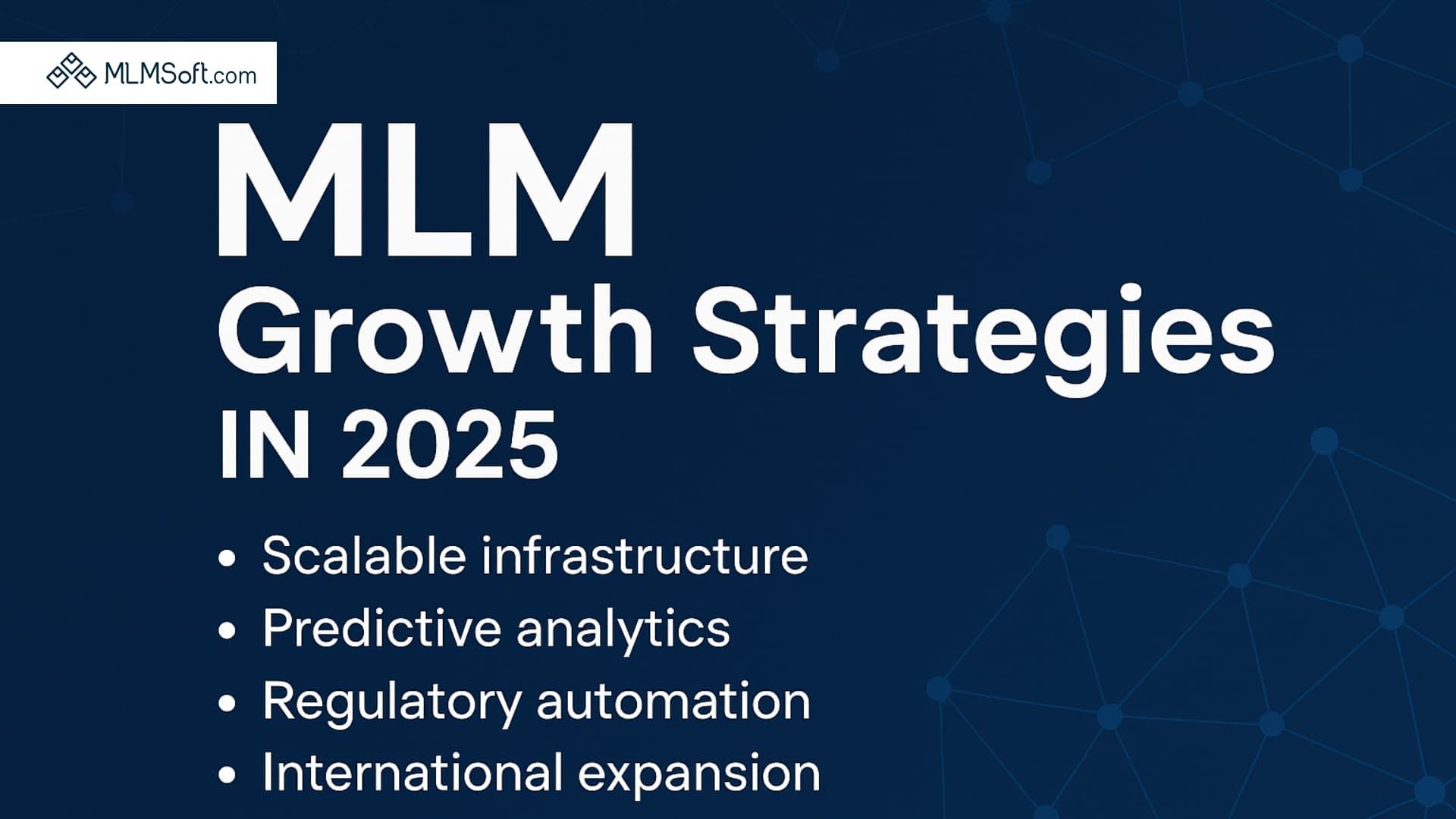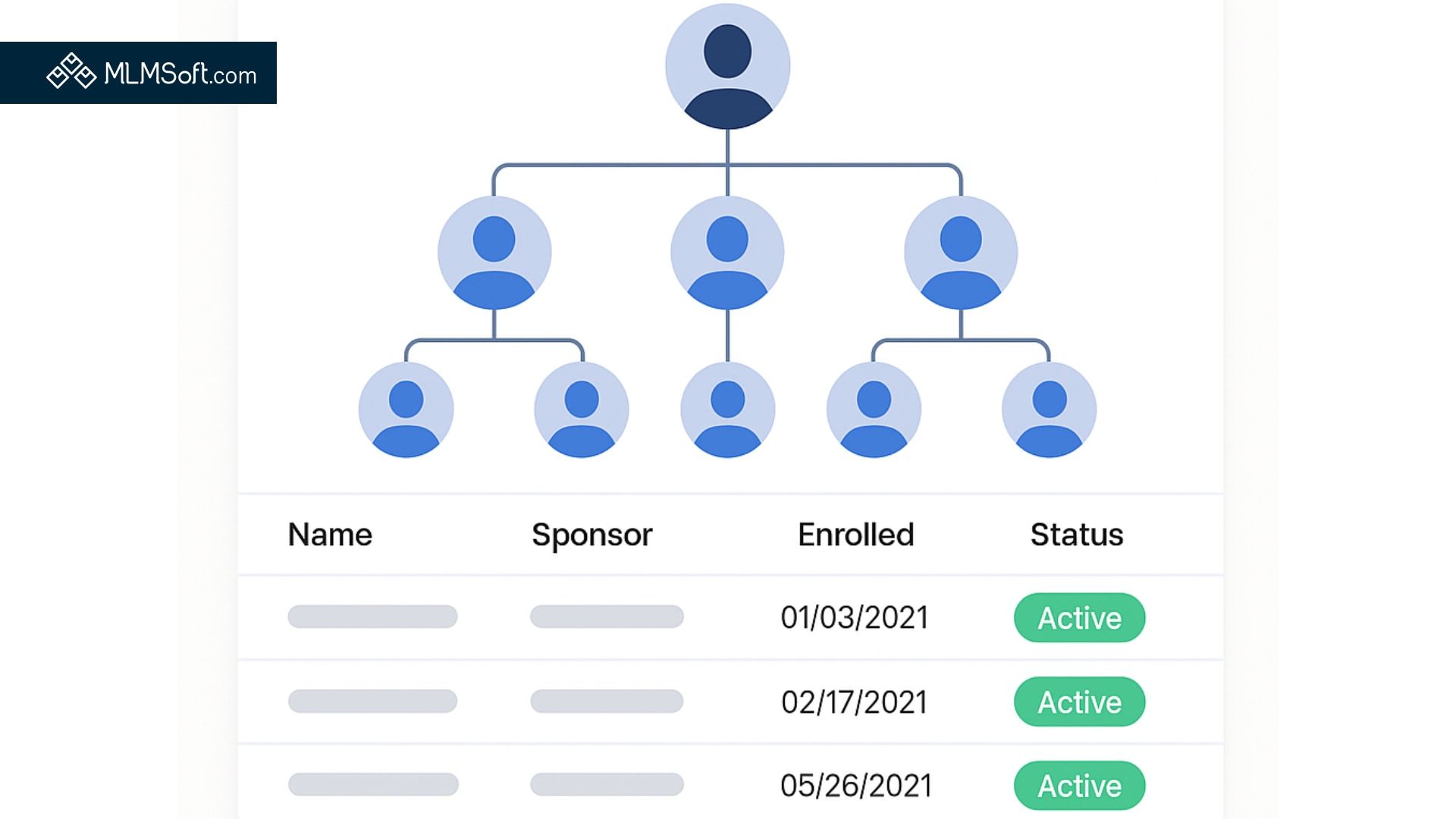Truth Behind MLM and Pyramid Schemes
In recent years, multi-level marketing (MLM) has become a buzzword, captivating those who dream of financial freedom and flexible work schedules. But as enticing as it sounds, MLM often gets mixed up with pyramid schemes, notorious for their dubious promises and questionable legality. With stories of both triumph and disaster, it begs the question: What is MLM and is it a legitimate business opportunity or just another scam in disguise? Are these ventures a path to prosperity or merely a mirage of success?
Key Takeaways
- Difference Between MLM and Pyramid Schemes: MLM focuses on selling real products, while pyramid schemes prioritize recruitment, making them illegal.
- Features of MLM: Income is generated through retail sales and building a network of distributors.
- Red Flags of Pyramid Schemes: Emphasis on recruitment over product sales and lack of tangible goods or services.
- What Makes MLM a Legitimate Model: Success relies on product sales to real customers, supported by transparent and regulated practices.
Understanding MLM vs. Pyramid Schemes

At first glance, MLM and pyramid schemes might seem like two sides of the same coin. However, understanding the crucial differences between them is essential for anyone considering these ventures. MLM organizations operate by selling real products and services, with distributors earning commissions from their sales and the sales of their recruits. This structure creates a network of sales representatives, each working to expand their reach and income.
In contrast, pyramid schemes thrive primarily on recruitment rather than product sales. These schemes often lack tangible products and promise returns based on the number of new recruits brought in. Such setups are unsustainable and illegal, as they collapse once recruitment slows, leaving participants with losses instead of gains.
Legal MLMs have a legitimate focus on customer sales and product value, while pyramid schemes prioritize recruitment with little to no emphasis on actual goods. As a result, participants in pyramid schemes often find themselves with no sustainable income, while those in legitimate MLMs can succeed with the right approach and effort.
How MLM Works

Understanding the Differences Between MLM and Pyramid Schemes in Level Marketing
At first glance, MLMs (multi-level marketing organizations) and pyramid schemes might seem like two sides of the same coin. However, the differences between them are stark and understanding these distinctions is essential for anyone considering a venture in multilevel marketing. While MLM organizations focus on legitimate direct marketing, selling real products and services, pyramid schemes operate on unsustainable recruitment models, often leading to significant losses for participants. This distinction is crucial for ensuring ethical practices and building trust with retail customers. MLM programs rely on independent distributors to promote their products and generate revenue through customer sales, emphasizing long-term growth. Pyramid schemes, on the other hand, prioritize recruitment over sales, making them inherently flawed. Legal MLM strategies focus on creating value for consumers and sustaining the organization through genuine product demand, which ultimately benefits everyone involved. For insights on automating MLM payouts and building transparent structures, explore our article on MLM Payout Automation.
How MLMs Works in Multilevel Marketing
In a multilevel marketing company, success stems from providing value to retail customers through high-quality products or services. Independent distributors are at the heart of these operations, earning revenue through direct sales and building their networks by recruiting others. The emphasis in an MLM program is always on sales volume generated from actual customers, not merely recruitment. For example, industries like real estate have also explored referral marketing models inspired by MLM strategies to incentivize growth through customer and agent referrals.
If you're curious about how a strong mlm strategy can amplify your business potential, consider exploring our guide on Unilevel MLM Software for Your Business to understand how software solutions can streamline distributor management and optimize commission payouts.
What Sets Pyramid Schemes Apart
In stark contrast, pyramid schemes thrive on recruitment without offering real products or services. Participants are often lured by promises of extraordinary returns that depend entirely on signing up new recruits. These schemes lack tangible goods or sustainable business models, making them illegal and inherently doomed to collapse once recruitment slows. Unlike a multilevel marketing company, where revenue is tied to legitimate customer sales, pyramid schemes fail to generate income from actual product or service value.
Why MLM is a Legitimate Business Model
For independent distributors in MLM, success hinges on dedication, effort, and a well-executed mlm strategy. The primary focus is on meeting the needs of retail customers, supported by structured referral marketing programs that reward distributors for their sales efforts. Unlike pyramid schemes, MLMs are regulated and require compliance with laws to ensure their legitimacy. Participants have opportunities for sustainable income through commission structures and bonuses tied directly to product sales, rather than relying solely on recruitment.
To explore the tools that make MLM businesses successful, check out Sync Shopify with MLM Soft(https://www.mlmsoft.com/about/blog/sync-shopify-with-mlm-soft) to learn how integration can enhance e-commerce and streamline operations for distributors.
Pros and Cons of MLM

Like any business model, MLM comes with its share of benefits and challenges. One of the most appealing aspects of MLM is the flexibility it offers. Distributors can often set their own schedules, working from home or anywhere they choose. This freedom can be a game-changer for those seeking work-life balance or supplemental income.
Starting an MLM business typically involves lower costs than traditional businesses, making it accessible to a broader audience. However, potential income can be unpredictable. While some people achieve significant financial success, others may struggle to make ends meet, partly due to high turnover rates and the difficulty of maintaining momentum.
Building a successful MLM business requires persistence and patience. It's not a get-rich-quick scheme, and many participants may leave before seeing substantial results. Despite these challenges, those who invest the time and effort can enjoy the satisfaction of building their own business and potentially achieving financial independence.
Recognizing Pyramid Schemes
Recognizing the red flags of pyramid schemes is essential to avoid falling into their traps. These schemes often promise high returns with minimal effort, an alluring proposition that can lead many astray. However, when recruitment is emphasized over product sales, it's a clear warning sign of a pyramid scheme.
Participants in pyramid schemes often find themselves losing money when recruitment slows or stalls. Without a steady influx of new recruits, these schemes crumble, leaving many with empty pockets. Authorities actively prosecute and shut down illegal pyramid schemes to protect consumers from these fraudulent practices.
In contrast, legitimate MLMs emphasize product value and customer sales. They focus on delivering quality products and services to consumers, providing a sustainable business model for distributors. By understanding these distinctions, you can confidently navigate the world of network marketing and avoid scams.
Examples of Successful MLM Businesses
While skepticism surrounds MLMs, several companies have demonstrated success and legitimacy in this industry. Amway is a prime example, boasting a diverse product range and a global reach that has made it a household name. Its longevity and reputation prove that MLMs can be viable business models.
Herbalife focuses on nutrition and wellness products, offering distributors the chance to tap into a growing health-conscious market. Similarly, Avon has thrived with its beauty and skincare offerings, empowering women entrepreneurs for decades.
Mary Kay is another notable MLM company, known for its focus on cosmetics and personal development. It provides a supportive community for its distributors, helping them grow as entrepreneurs. Lastly, Tupperware revolutionized home storage solutions through MLM, becoming synonymous with quality and innovation.
These success stories highlight the potential of MLM businesses when approached with diligence and integrity. They also showcase the diverse range of products and markets that MLMs can operate in, offering opportunities for various interests and skills.
Tips for Success in MLM

Succeeding in MLM requires a strategic approach and dedication. Building a strong network is crucial, and effective communication skills are key to fostering relationships with potential customers and recruits. Understanding your products inside and out helps you educate others and build trust in your offerings.
Setting realistic goals keeps you motivated and focused, helping you track your progress and celebrate milestones. Consistent effort and follow-up are essential, as they increase your chances of closing sales and growing your network.
Learning from experienced mentors can accelerate your growth and provide valuable insights into the industry. Surrounding yourself with knowledgeable advisors and successful MLM participants can guide you through challenges and inspire your journey.
The Difference Between Legitimate MLM Businesses and Pyramid Schemes
Differentiating between legitimate MLM businesses and pyramid schemes is vital for anyone considering joining an MLM. Legitimate MLMs prioritize product sales over recruitment, offering real value to consumers through quality goods and services. They comply with regulations and have transparent compensation plans that reward distributors for their sales efforts.
Pyramid schemes, on the other hand, often lack a genuine product or service. Their primary focus is on recruiting new participants, with compensation tied to recruitment rather than sales. This structure is unsustainable and illegal, leading to eventual collapse and financial loss for participants.
Customer satisfaction and repeat purchases are key indicators of a legitimate MLM. These businesses thrive on delivering products that people want to buy, fostering long-term relationships and sustainable income for distributors.
Avoiding Scams in the MLM Industry
Avoiding scams in the MLM industry requires diligence and research. Investigating a company's history and reputation can reveal potential red flags or confirm its legitimacy. Legitimate MLMs have clear and understandable business models that focus on product sales and customer satisfaction.
Beware of any opportunity that promises quick wealth and effortless success. Such claims are often too good to be true and should be approached with skepticism. Consulting with experienced MLM participants can provide valuable insights and help you evaluate the credibility of a company.
Staying informed about industry regulations and guidelines protects you from scams and ensures you're involved in a legal and ethical business. Knowledge is power, and being well-informed can prevent you from falling victim to fraudulent schemes.
Conclusion
In a world filled with promises of easy money and entrepreneurial dreams, understanding the truth behind MLM and pyramid schemes is more important than ever. By recognizing the differences between legitimate MLM businesses and illegal pyramid schemes, you can make informed decisions that align with your goals and values. Remember, success in MLM requires effort, strategy, and integrity. So, are you ready to take the plunge into the world of MLM, or do you still have questions swirling in your mind? Join the conversation and share your thoughts! Explore our solutions and schedule a demo to see how we can help your MLM business thrive.
Interested in Professional MLM Software? Book Free Demo with an Expert!
MLM Soft Cloud Platform is a modern high-performance software to run any multi-level or referral marketing business. Our platform is used by traditional MLM companies in health&beauty segment, as well as other industries using multi-level and/or affiliate marketing to boost their sales: infobusiness, education, real-estate, consulting, crypto, trading, etc.
Discover how we can build a customized solution for your business on MLM Soft Cloud Platform during a demo-call with one of our experts.









